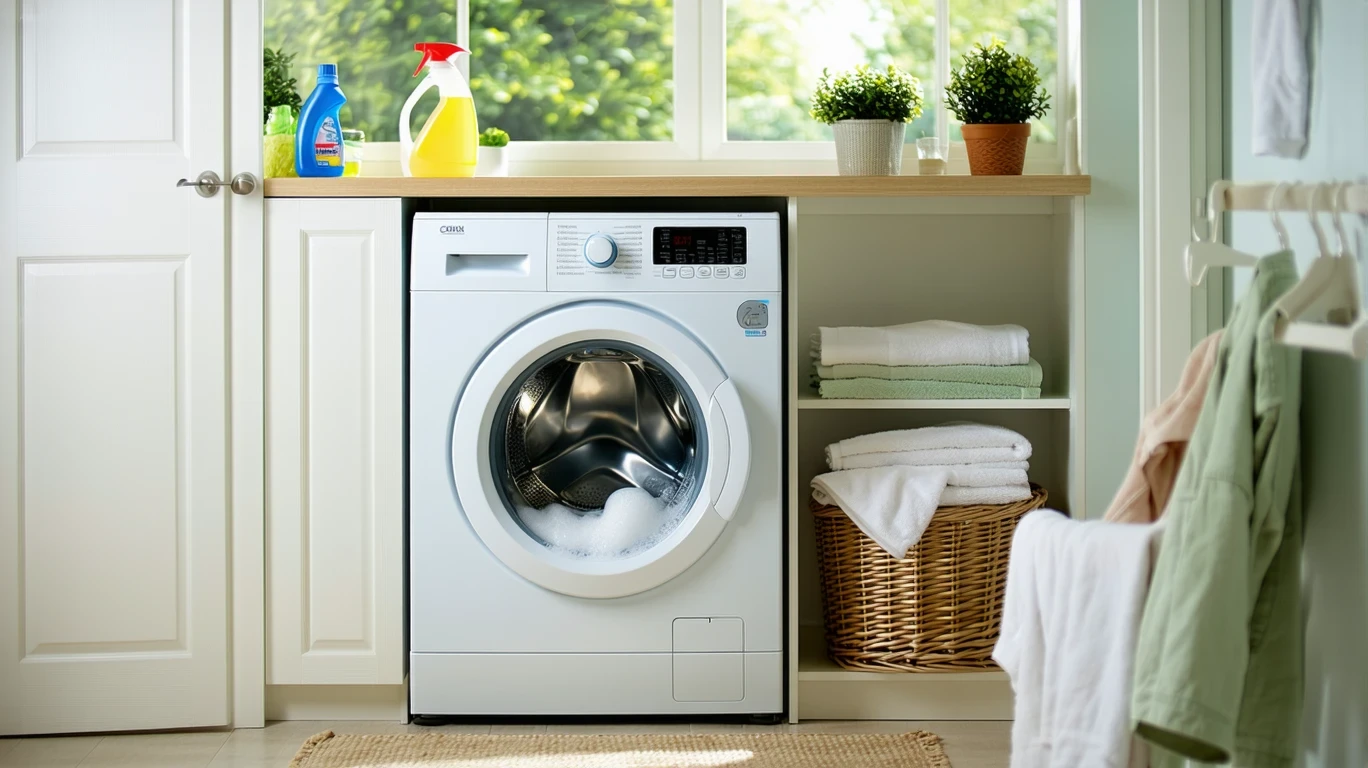Myth: Utilities in Johns Creek cost about the same year-round. Truth: Here’s what typical utility costs really look like in Johns Creek, with some surprising seasonal swings. The average household spends $200–$350/month on utilities in this Atlanta suburb, but that can easily spike 30% or more depending on the month. Let’s break down where your utilities cost in Johns Creek is going and how to keep it under control.

Understanding Utilities in Johns Creek
For most homes in Johns Creek, your utility bills will include electricity, water, natural gas, and trash/recycling. Some neighborhoods have HOA fees that bundle certain utilities like trash pickup, but you’ll still be on the hook for major costs like electricity and water.
Johns Creek utility providers include Sawnee EMC and Georgia Power for electricity, Fulton County for water, and various private haulers for trash and recycling. If you’re moving to Johns Creek from out of state, be prepared for some sticker shock, especially on summer electric bills. Georgia rates are about 10% above the U.S. average.
Table: Monthly Utility Estimates
Wondering how much your monthly bills might run? Here’s a quick breakdown for a typical home in Johns Creek:
| Utility | Estimated Monthly Cost |
|---|---|
| Electricity | $120–$250 |
| Water | $60–$100 |
| Natural Gas | $30–$80 |
| Trash & Recycling | $20–$40 |
| Total | $230–$470 |
Estimates reflect a mid-size household in a single-family home. Your actual costs may be higher or lower.
Keep in mind, this doesn’t include add-ons like internet and streaming costs in Johns Creek, which can easily tack on another $100+/month. And watch out for those unexpected fees when moving to Johns Creek, like utility deposits and connection charges.
How Weather Impacts Utilities in Johns Creek
One of the biggest factors in your Johns Creek utility bills is the weather. Georgia summers are notoriously hot and humid, which means your AC will be working overtime to keep your home comfortable. Many Johns Creek households see electric bills 30–50% higher in peak summer compared to milder spring months.
While winters in Johns Creek are relatively mild, a cold snap can still send your heating costs soaring, especially if you have an inefficient furnace or drafty windows. The key is to prepare your home for seasonal shifts and make smart choices about your energy use.
Planting shade trees, upgrading to a smart thermostat, and taking advantage of off-peak billing programs can all help keep your utility costs in check, no matter what the weather brings.
How to Save on Utilities in Johns Creek
Looking for ways to trim your utility bills in Johns Creek? Here are a few tips:
- Sign up for off-peak billing programs to get lower rates during non-peak hours
- Take advantage of solar panel incentives and rebates to generate your own clean energy
- Upgrade to a smart thermostat to optimize your heating and cooling schedules
- Plant shade trees to block summer sun and reduce AC strain
- Invest in energy-efficient appliances, especially for big energy users like washers and refrigerators
🏆 Tip: Check if your utility provider offers rebates for energy-efficient AC units. You could save big on upfront costs and monthly bills.
FAQs About Utility Costs in Johns Creek
What is the average electric bill in Johns Creek during summer?
For a typical household, summer electric bills in Johns Creek often run $200 or more per month, depending on home size and AC usage. Costs can be 30–50%+ higher than in spring or fall.
Do HOAs cover any utilities?
Some Johns Creek neighborhoods have HOA fees that include trash pickup, recycling, and/or water. However, major costs like electricity and natural gas are still the homeowner’s responsibility in most cases.
Is water more expensive in Johns Creek than nearby cities?
Johns Creek water rates are fairly typical for the Atlanta metro. However, Fulton County rates are somewhat higher than in neighboring counties like Gwinnett or Cobb.
Smarter Utility Planning in Johns Creek
While you can’t control the weather in Johns Creek, you can take steps to manage your utility costs and avoid bill shock. Understanding the major cost drivers, taking advantage of energy-saving programs and incentives, and making smart home upgrades can all help keep your monthly expenses in check.
For more tips on budgeting for life in Johns Creek, check out our guides on housing costs, transportation and car expenses, and grocery and food budgets. With a little planning and know-how, you can enjoy all that Johns Creek has to offer without breaking the bank on utilities.
